Digital Humanities Summer Fellowships
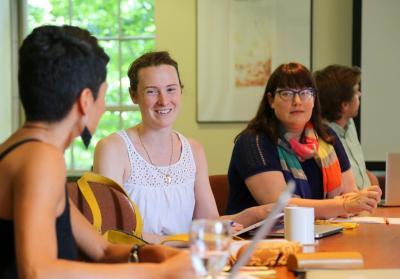
The Simpson Center offers annual summer fellowships for faculty and graduate students to pursue research projects that use digital technologies in innovative and intensive ways and/or explore the historical, social, aesthetic, and cross-cultural implications of digital cultures. The program has three primary goals:
- To animate knowledge—using rich media, dynamic databases, and visualization tools
- To circulate knowledge—among diverse publics
- To understand digital culture—historically, theoretically, aesthetically, and generatively
The Simpson Center gratefully acknowledges the support of a National Endowment for the Humanities Challenge Grant and the Andrew W. Mellon Foundation as well as many donors to the endowment which is underwriting these fellowships.
2025 - 2026 Digital Humanities Summer Fellows

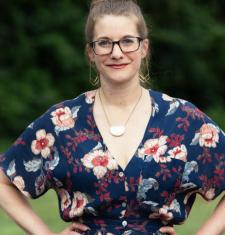

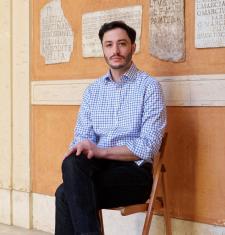
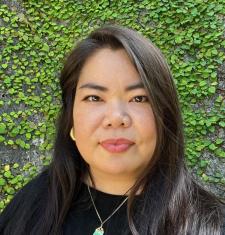



2023 - 2024 Digital Humanities Summer Fellow
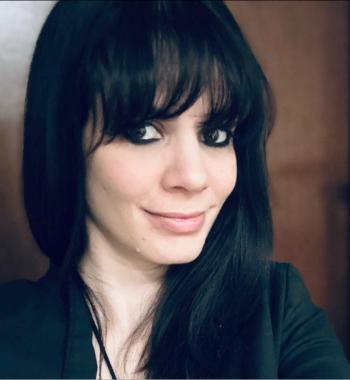
Melinda Cohoon (she/her/hers)
Digital Iran Reloaded: Iranian Censorship of Citizens and the Gaming Industry
During the summer of 2020, the Digital Iran project team investigated how videogames are curated by state and non-state agents to produce discourse, narratives, and counter-narratives about Iran. Digital Iran Reloaded deepens the scope of the original project by emphasizing the experiences of Iranian gamers. The project will specifically dive into circumvention tools used to navigate oppressive censorship and surveillance tactics by state agents in Iran and US economic sanctions. To do so, the project will elucidate reactive and proactive censorship measures by mapping previously used and current (anti)censorship, (anti)surveillance, and strategies to access the internet and online video games in Iran. The digital component of the project will be showcased as appendices for the dissertation "Affective Entanglements and Precarious Lifeworlds: Iranian Gamers in Culture'' on the project's site.